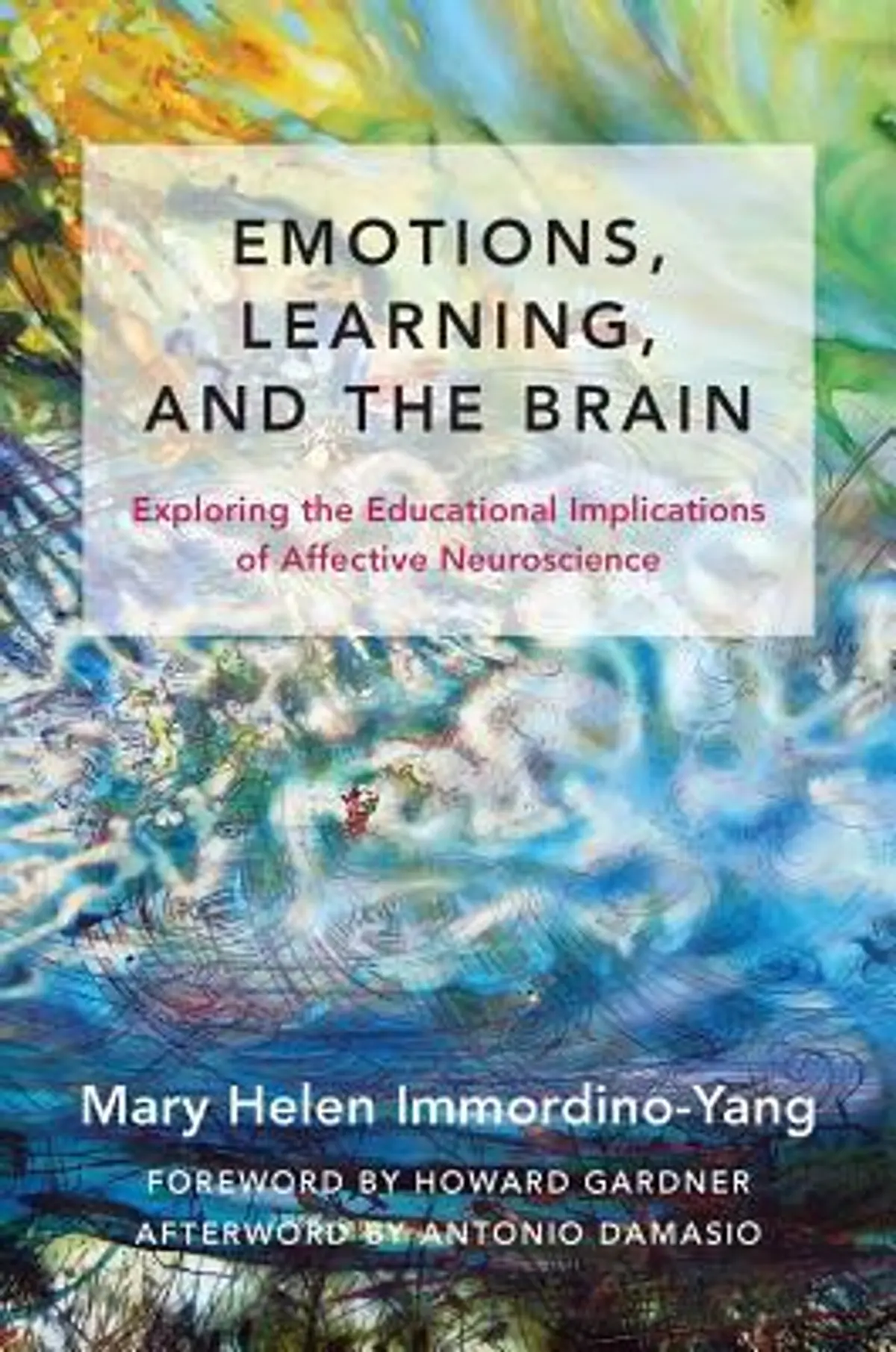This book presents findings from neuroscience research that illustrate how emotions influence various cognitive processes, such as attention, memory, and motivation—key components in the learning process. She explains that emotional experiences can shape neural pathways, with positive emotions enhancing cognitive flexibility and problem-solving abilities.
The core of the book addresses the practical implications of these scientific insights for education. Immordino-Yang suggests that educators need to create emotionally supportive learning environments that engage students' emotions positively. She highlights the importance of fostering students' emotional intelligence, encouraging empathy, and integrating social-emotional learning into the curriculum. The key takeawys:
Emotions are Central to Learning: Emotions significantly influence attention, memory, and motivation, which are crucial for learning.
Neuroscience Evidence: Research shows that positive emotional experiences enhance cognitive processes and can lead to better learning outcomes.
Educational Practices: Effective education must address emotional and social aspects, integrating them with cognitive learning to create supportive and engaging learning environments.
Emotional Intelligence: Developing students' emotional intelligence and empathy is essential for their overall development and academic success.
Holistic Approach: A holistic approach to education that includes both emotional and cognitive development leads to more meaningful and effective learning experiences.
